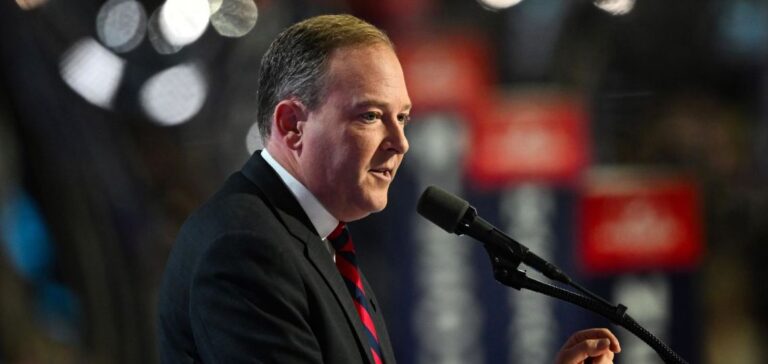The nomination of Lee Zeldin, chosen by former US President Donald Trump to lead the Environmental Protection Agency (EPA), has been validated by the Senate with a result of 56 votes in favor and 42 against. A former Republican congressman, Zeldin takes over from the previous administration in a context where political choices regarding the environment and energy are at the center of national debate.
The Support of Fossil Fuel Industry Players
Zeldin’s appointment has been welcomed by the fossil fuel industry. Mike Sommers, Director of the American Petroleum Institute (API), praised the decision, highlighting Zeldin’s experience in finding solutions to the country’s energy challenges. The oil and gas industry, under pressure from environmental regulations, sees him as a defender of reducing restrictions on natural resource exploitation, particularly hydrocarbons.
The Opposition from Environmental Groups
However, NGOs and environmental protection groups have strongly reacted to this appointment. Lena Moffitt of Evergreen Action criticized the growing influence of Trump’s supporters on environmental policy. According to her, Zeldin represents a continuation of the approach that favors the interests of the fossil fuel industry over public health and environmental preservation.
An Energy Policy Focused on Hydrocarbons
During his hearing, Lee Zeldin emphasized his dual goal: protecting the environment while supporting the economy. This position aligns with Donald Trump’s stance, who views restrictions on oil resources as an obstacle to economic growth. This choice, made at a time when the United States is already the world’s largest oil producer, reflects the administration’s desire to boost domestic hydrocarbon production.
A Step Back in the Fight Against Climate Change
Zeldin’s appointment also comes at a time when US energy policy seems to take a step back from international environmental commitments. The announced withdrawal of the United States from the Paris Climate Agreement and the desire to ramp up fossil fuel production mark a shift in US climate policy. The impact of these decisions is already being felt on global energy markets.






















